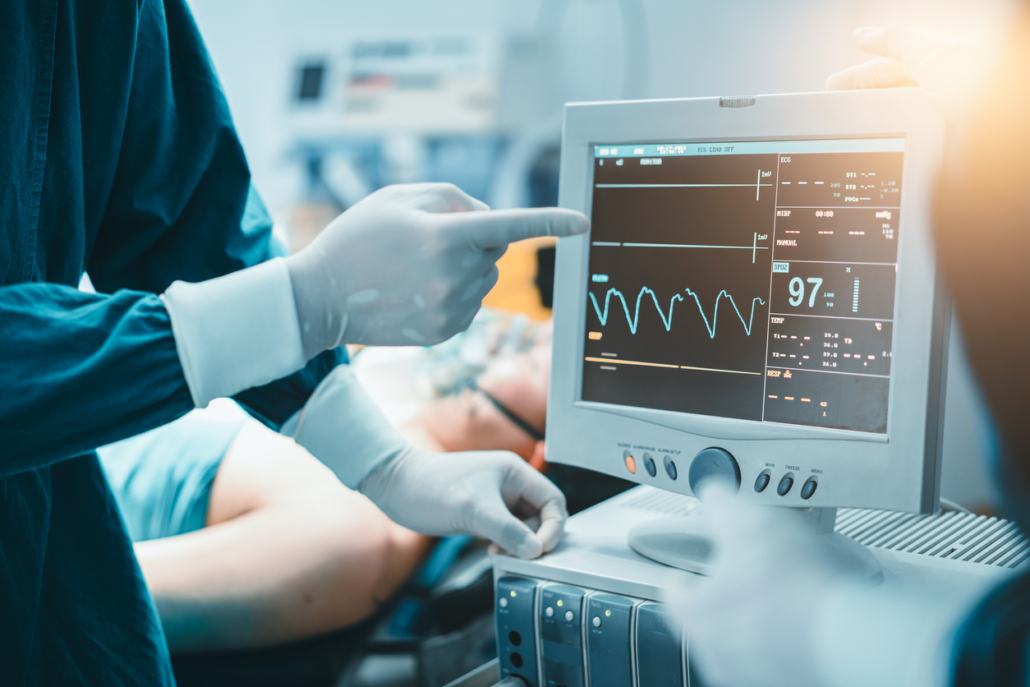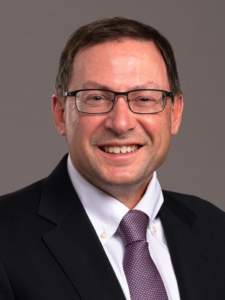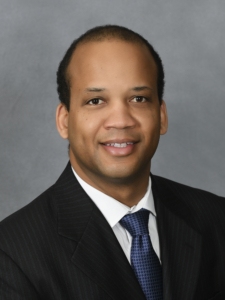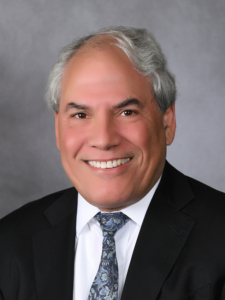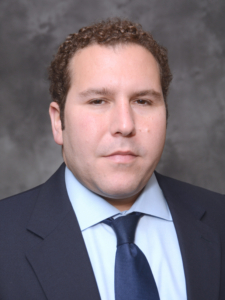OUR HEART SURGEONS PRACTICE COMPASSIONATE PATIENT CARE
When you learn you have a heart condition, you want a team of cardiac physicians that can offer you the highest level of care available. Cardiothoracic & Vascular Surgical Associates (CTVSA) offers extensive cardiac services in Chicago to treat and manage a wide variety of heart conditions. Our surgeons perform a wide range of procedures, including open-heart surgery, minimally invasive and transcatheter approaches to valve replacement, heart assist devices and transplant surgery, among many more.
CONDITIONS WE TREAT WITH HEART CARE
Cardiac surgery at CTVSA focuses on procedures to treat conditions affecting the cardiothoracic and vascular systems. These conditions may include:
- Coronary Artery Disease: Coronary artery disease develops when plaque builds up inside the heart’s major blood vessels.
- Valvular Disease: Vascular disease affects the valves that prevent blood from flowing backward inside blood vessels in between heartbeats.
- Angina: Angina, characterized by chest pain, is often a symptom of coronary artery disease.
- Atrial Fibrillation: Atrial fibrillation is characterized by an irregular and often rapid heart rate.
